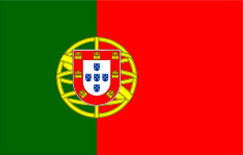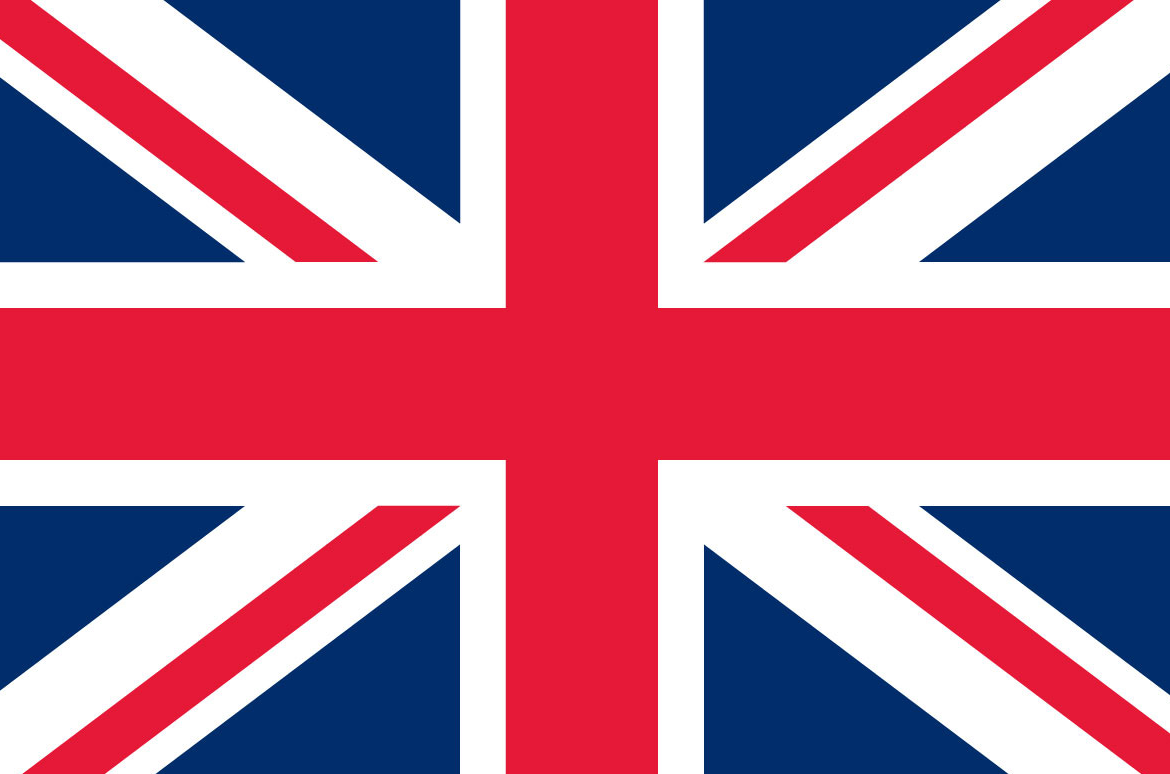International Convention on Standards of Training, Certification and Watch keeping for Seafarers (STCW)
The 1978 STCW Convention was the first to establish basic requirements on training, certification and Watch Keeping for seafarers, enhancing its overall, uniform and harmonized application
International Convention on Standards of Training, Certification and Watch keeping for Seafarers (STCW)
Breadcrumbs
The International Maritime Organization (IMO) adopted on 7 July of 1978 the International Convention on Standards of Training, Certification and Watch keeping for Seafarers, 1978 (1978 STCW), which entered into force on 28 April 1984. This Convention is a fundamental international instrument which establishes a wide range of provisions which essentially regulate the training and certification requirements for seafarers in exercising duties on board seagoing vessels.
The 1978 STCW Convention was the first to establish basic requirements on training, certification and Watch Keeping for seafarers, enhancing its overall, uniform and harmonized application.
Two major revisions introduced an important and vast set of Amendments:
- The 1995 Amendments, which came into force in 1997, represented the a major revision of the 1978 STCW Convention, in response to a recognized need to bring the Convention up to date and to respond to critics who pointed out the many vague phrases, such as "to the satisfaction of the administration", which resulted in different interpretations being made. Two important amendments should be highlighted: the structure of Convention itself, which consists of Articles, Rules and a two-part Code (STCW Code), Part A is mandatory application while Part B is recommended and consisting of guidelines for its implementation; the obligation of the Parties to implement mechanisms demonstrating full and complete compliance with its provisions and its communication to the Secretary General of IMO. This obligation and consequent communication allow the monitoring and control of compliance with legal requirements and measures to ensure the safety of life at sea, security and protection of the marine environment. In this way, the IMO has, for the first time, a monitoring role for the implementation, by the States, of an international instrument.
- The Manila Amendments, which entered into force on 1 January of 2012, were adopted at the Diplomatic Conference on 25 June of 2010, aimed to update the Convention and the STCW Code to the current maritime transport needs, technological advances and, in some cases, to anticipate future needs.
The STCW Convention is one of the three most important pillars of international instruments governing the maritime safety and pollution prevention, the other two are the International Convention for the Safety of Life at Sea, the SOLAS Convention, and the International Convention for the Prevention of Pollution from Ships, MARPOL Convention.
According to Article III, the Convention applies to seafarers serving on board seagoing vessels authorized to fly the flag of a State Party, except those serving on board warships, naval auxiliary units of war navy or other ships owned or operated by State exclusively for government non-commercial services, fishing vessels, recreational craft not used for commercial purposes and ships of primitive construction.
![]() Structure
Structure
The 78 STCW Convention is made of a pleading and an Annex. The pleading include 17 articles covering, inter alia, the aspects of general obligations, the procedure for adopting amendments, the way how a State may become a Party to the STCW, the conditions for entry into force, etc. The Annex contains the rules which are divided into 8 chapters. The chapters are:
- Chapter I: General Provisions
- Chapter II: Master and deck department
- Chapter III: Engine department
- Chapter IV: Radio communication and radio personnel
- Chapter V: Special training requirements for personnel on certain types of ships
- Chapter VI: Emergency, occupational safety, medical care and survival functions
- Chapter VII: Alternative certification
- Chapter VIII: Watch Keeping.
![]() Implications of the Manila Amendment
Implications of the Manila Amendment
The entry into force of 2010 Manila Amendments will involve significant changes in the national legislative framework and the consequent revision of Decree-Law No. 280/2001 of 23 October. In this regard, the following changes are therefore important:
- Improved measures to prevent fraudulent practices associated with certificates of competency and strengthen the evaluation process (monitoring of Parties' compliance with the Convention)
- Revised requirements on hours of work and rest and new requirements for the prevention of drug and alcohol abuse, as well as updated standards relating to medical fitness standards for seafarers
- New certification requirements for able seafarers
- New requirements relating to training in modern technology such as electronic charts and information systems (ECDIS)
- New requirements for marine environment awareness training and training in leadership and teamwork
- New training and certification requirements for electro-technical officers
- Updating of competence requirements for personnel serving on board all types of tankers, including new requirements for personnel serving on liquefied gas tankers
- New requirements for security training, as well as provisions to ensure that seafarers are properly trained to cope if their ship comes under attack by pirates
- Introduction of modern training methodology including distance learning and web-based learning
- New training guidance for personnel serving on board ships operating in polar waters; and
- New training guidance for personnel operating Dynamic Positioning Systems.



